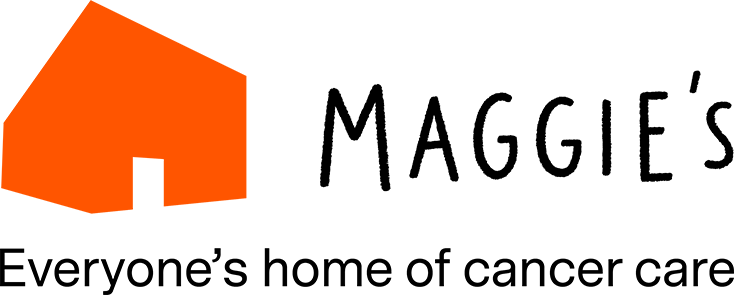This week I thought we could look at soya as it is quite a controversial subject and one of great interest to those with hormone driven cancers simply because there is so much written on the subject.
What is soya?
Basically soya is known as a phytooestrogen Phyto meaning plant. Phyto oestrogens contain compounds called isoflavones which have been shown to have a balancing effect on hormones. One study showed that by eating soya it increased oestrogen levels when they were low and reduced them when they were too high. Therefore having a balancing effect.
Others have shown that it has an oestrogenic effect on our cells which have the oestrogen receptors. The theory is that because phyto oestrogens are a weak oestrogen, (weaker than our own strong oestrogen (oestradiol) which drives the cancer) these weak oestrogens in soya bind to the receptor sites on our cells and so block our own strong oestrogen from doing so. This is said to protect us and lessen the growth of cancer. This is where most of the research lies and this is why so many people feel that soya is beneficial.
The benefits of soya
In 2002 Cancer Research UK published findings on the clear benefits of soya concluding that women who consumed the most soya were 60% likely to have a lower risk of breast cancer than those who ate non. Similarly research from the Vanderult University concluded that soya consumption can prolong survival in breast cancer patients and prevent cancer returning. This was dose dependent eating more than 11mgs of soya a day. A quote from professor Trevor Powles from the Royal Marsden describes soya as an ‘anti oestrogen’, Likewise 14 Epidemiological studies carried out in China and the USA to do with the relationship with soya and cancer seemed to confirm soyas benefits. I could go on quoting many more studies which have a similar findings and we do know that Jane Plant and many other authors also advocate the use of soya based on epidemiological studies.
Ok so why the fuss, after all the women in the Far East who eat a lot of Soya are reported to have much less breast cancer than we do in the West. That is possibly the strongest argument that people quote. It is worth noting though that these women also tend to eat less chicken beef and lamb, more fresh vegetables than we do in the West, are nearer the ideal body weight, drink less alcohol and are generally more active. This is of course a generalization from observational studies that have been done. So is it the wholistic differences that make them less vulnerable to breast cancer?
So before we rush out and buy the soya let’s have a look at the problems that have been identified.
One fact that kept coming up as I was researching the subject was the fact that women in the Far East were practically weaned on soya and it is part of their staple diet, so does this make the difference? Lab rats fed a diet rich in soya before puberty seemed to have a greater resistance to the development of hormone driven cancers than those fed no soya before puberty. Interesting!
According to the author of ‘Zest For Life’, Conner Whitney (who interestingly had a hand in devising the 2:5 diet that I wrote about last week) she feels that we should treat soya with caution simply because the soya produced in the West is very different to the type of soya available in the Far East. Ours tends to be far more processed and a great deal of it is genetically modified and to date there has not been sufficient research yet into the effect of eating GM foods. Even the FDA in America has expressed concern about the level of GM used in soya production.
Some scientists have speculated that the ability of isoflavones in soya supplements could interact with oestrogen receptors which could promote the development of tumours in women whose oestrogen levels are low and who may have residual or existing tumours. Supplements enriched in isoflavones fed to mice with oestrogen driven cancers triggered the rampant growth of these tumours.
What’s the bottom line?
With all of this conflicting advice it does seem difficult to predict with certainty the positive or negative impact of soya consumption on the risk of breast cancer occurrence. The general advice seems to be to treat eat soya and its products in moderation and try and buy organic varieties. This seems especially important for those women on hormone therapy or who have oestrogen receptor positive cancer. And to avoid isoflavone supplements (one popular one is red clover). But in general it seems ok to include moderate amounts of soya as part of a balanced diet. One to three servings a day and to source organic varieties if possible.
Blog originally written by Caroline March 2013


